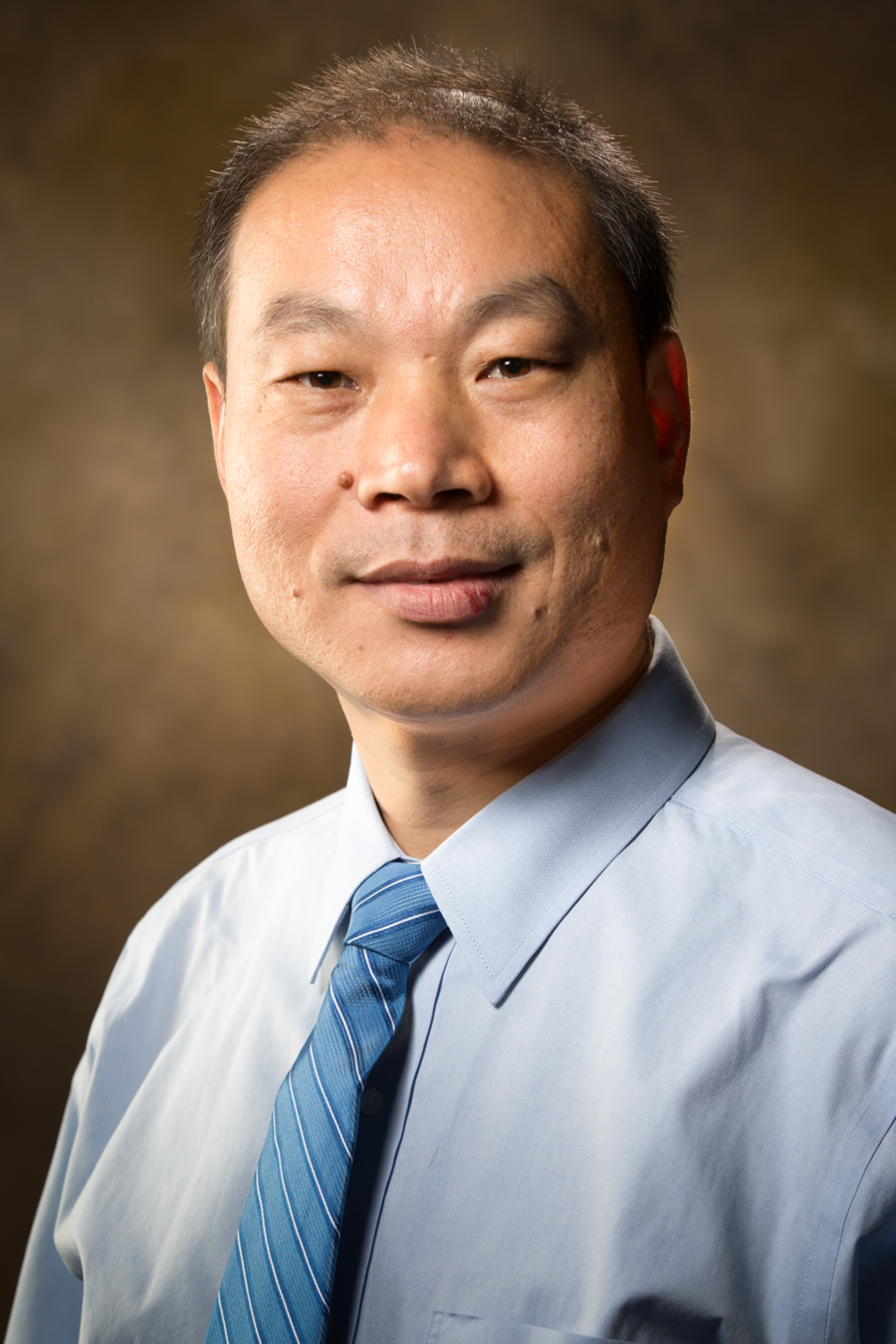The U of A's Xiangbo Henry Meng will give a virtual seminar titled "Building better batteries from the very bottom" on Zoom from 8:15-9:15 am Friday, Oct. 16. The talk is free and open to the public.
Meng is currently an assistant professor in the Department of Mechanical Engineering at the University of Arkansas. Prior to joining University of Arkansas in 2016, Meng was a Research Fellow in Energy Systems Division at Argonne National Laboratory (Lemont, Illinois) from 2012-2016 and a Research Associate (2012) in the chemistry department at Brookhaven National Laboratory (Upton, New York) from 2011-2012. He has completed two doctoral degrees in mechanical and materials engineering (2011) and in chemical and biochemical engineering (2008) at the University of Western Ontario (Ontario, Canada).
Meng has over 80 peer-reviewed journal papers, five book chapters, and six U.S. patents (applications). His work has been published in a variety of top journals, such as Accounts of Chemical Research, Advanced Materials, Matter, ACS Nano, Advanced Functional Materials, Chemistry of Materials, Materials Horizons, and Journal of Materials Chemistry A. His research has been highlighted by six journal covers.
Meng has delivered many invited talks at international conferences in electrochemistry and atomic layer deposition. He has served for 68 journals and multiple fund grants as an invited reviewer. He was the recipient of a Canada NSERC Postdoctoral Fellowship, the AVS Student Award in ALD, the 2nd Prize of OCE Competition, Western Engineering Scholarship, ECS Travel Grant, and ORAU Travel Grant. He also was the nominee of Canadian CGS/UMI Distinguished Dissertation Award (2009) and Moore Inventor Fellows (2017).
Currently, Meng is serving in the Editorial Boards of Nanotechnology and Journal of Composites Science. His research is focused on smartly designing novel nanophase materials for developing new energy storage devices (including lithium-ion batteries, lithium-sulfur batteries, sodium-ion batteries, and so on).
Energy is an essential matter for human beings. To this end, modern society has been heavily relying on fossil fuels (oil, coal, and natural gas) in the past century. With the continuous depletion of fossil fuels, however, we now are facing an ever-aggravating energy crisis. In search of alternative solutions, electrochemistry has achieved great successes and been changing our lifestyles.
In this regard, lithium-ion batteries (LIBs) represent one of the biggest achievements to date and have won Nobel Prize in Chemistry in 2019. Even so, better battery systems are still in urgent needs in order to deepen electrification of our society and they are expected to enable higher energy density, longer lifespan, better safety, and lower cost. In pursuing these goals, atomic and molecular layer deposition (ALD/MLD) have emerged as two competent techniques with unique capabilities to build better batteries from the very bottom at the atomic and molecular level.
In this talk, Meng will first brief the history of rechargeable batteries and specially retrospect the seminal contributions leading to the delivery of LIBs. Then, the challenges of LIBs will be summarized. In attempts to pursue new battery technologies, his recent research efforts using ALD and MLD will be discussed.
To attend the seminar, please visit the Zoom link.
Meeting ID: 883 2378 2904
Password: 2Battery!
Topics
Contacts
Megan Parette, communications officer
Department of Chemistry and Biochemistry
479-575-4601, mbparett@uark.edu
